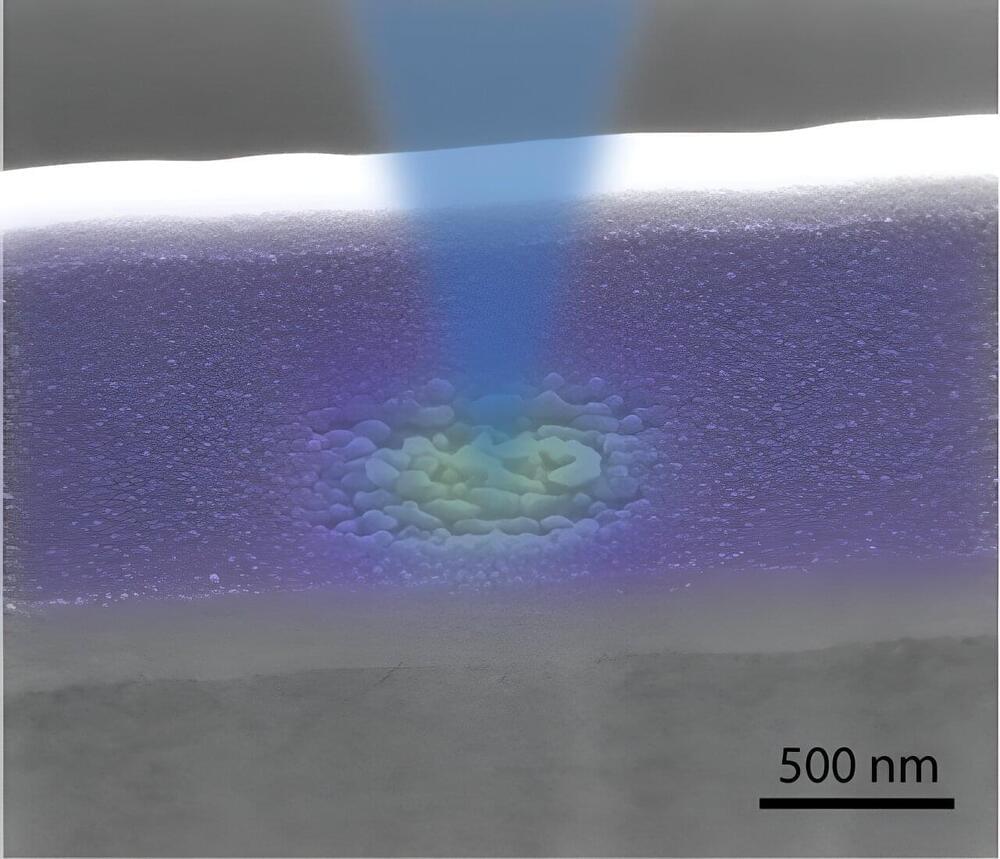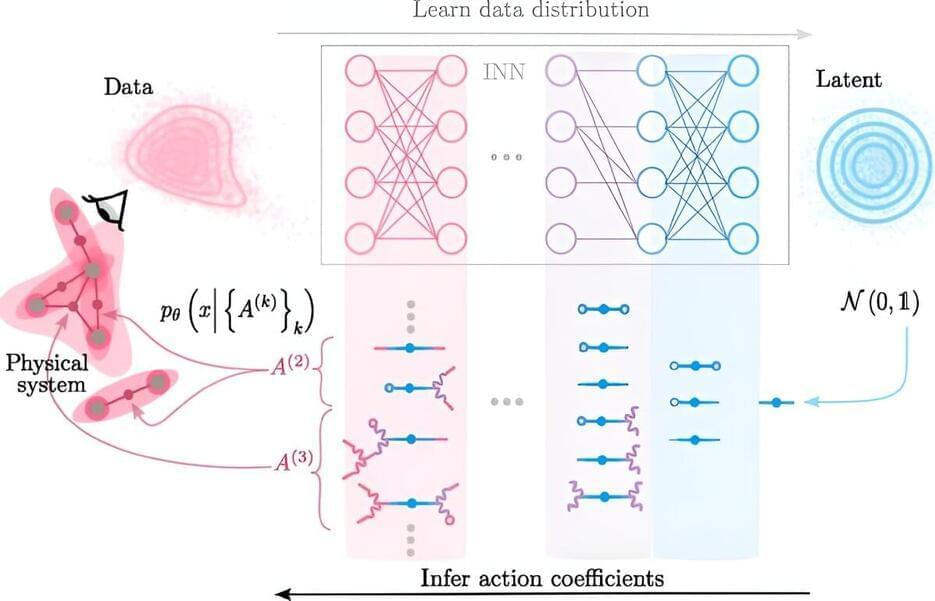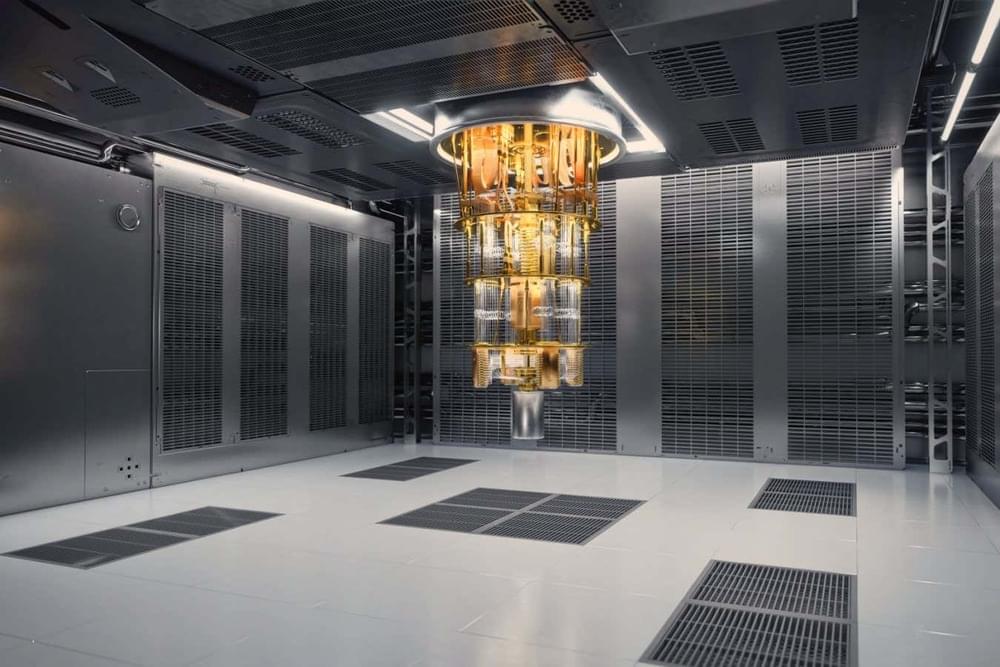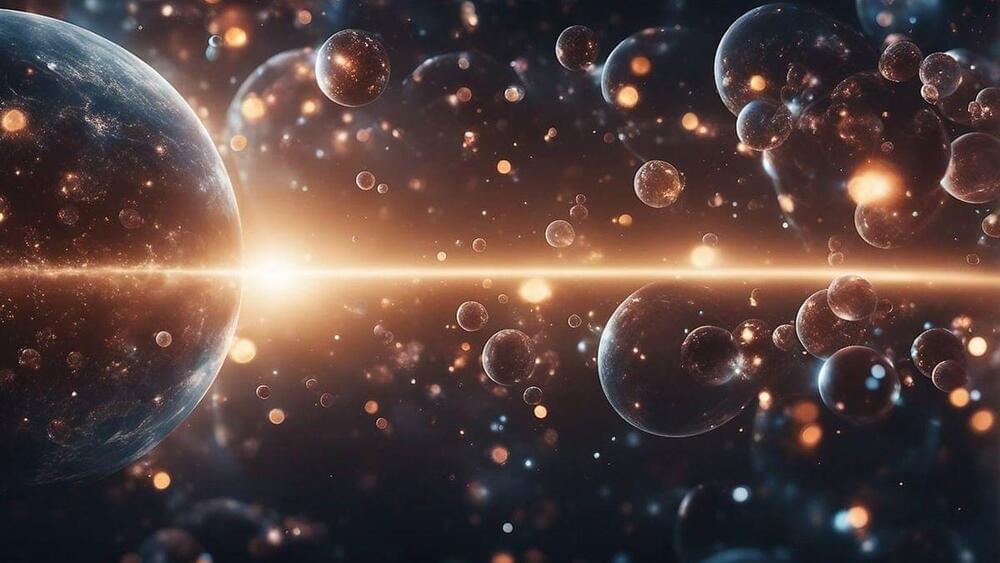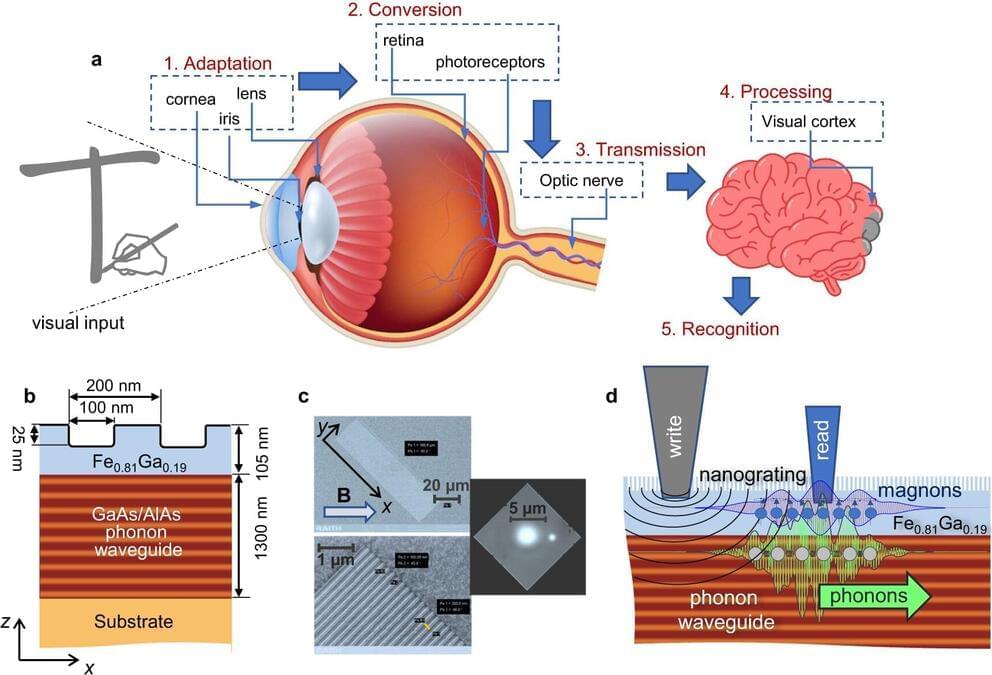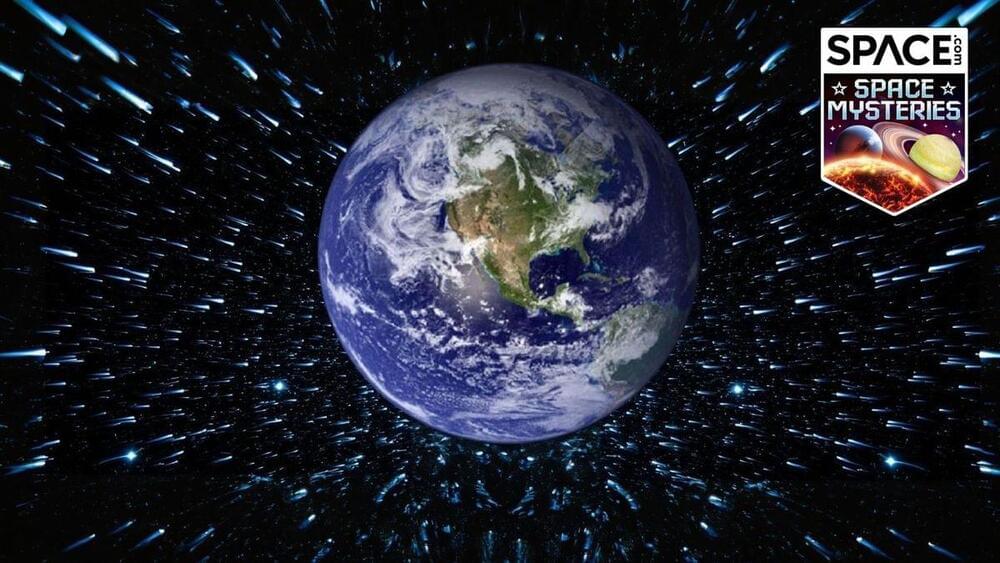GRINDAVIK, Iceland (AP) — A volcano in southwestern Iceland erupted Thursday for the third time since December, sending jets of lava into the sky, triggering the evacuation of the popular Blue Lagoon geothermal spa and cutting heat and hot water to thousands of people.
The eruption began at about 600 GMT (1 a.m. EST) along a three-kilometer (nearly two-mile) fissure northeast of Mount Sýlingarfell, the Icelandic Meteorological Office said. Several communities on the Reykjanes Peninsula were cut off from heat and hot water after a river of lava engulfed a supply pipeline.
The strength of the eruption had decreased by mid-afternoon, the Met Office said, though lava continued to spew from parts of the fissure and a huge plume of steam rose over a section of the crack where magma mixed with groundwater.
